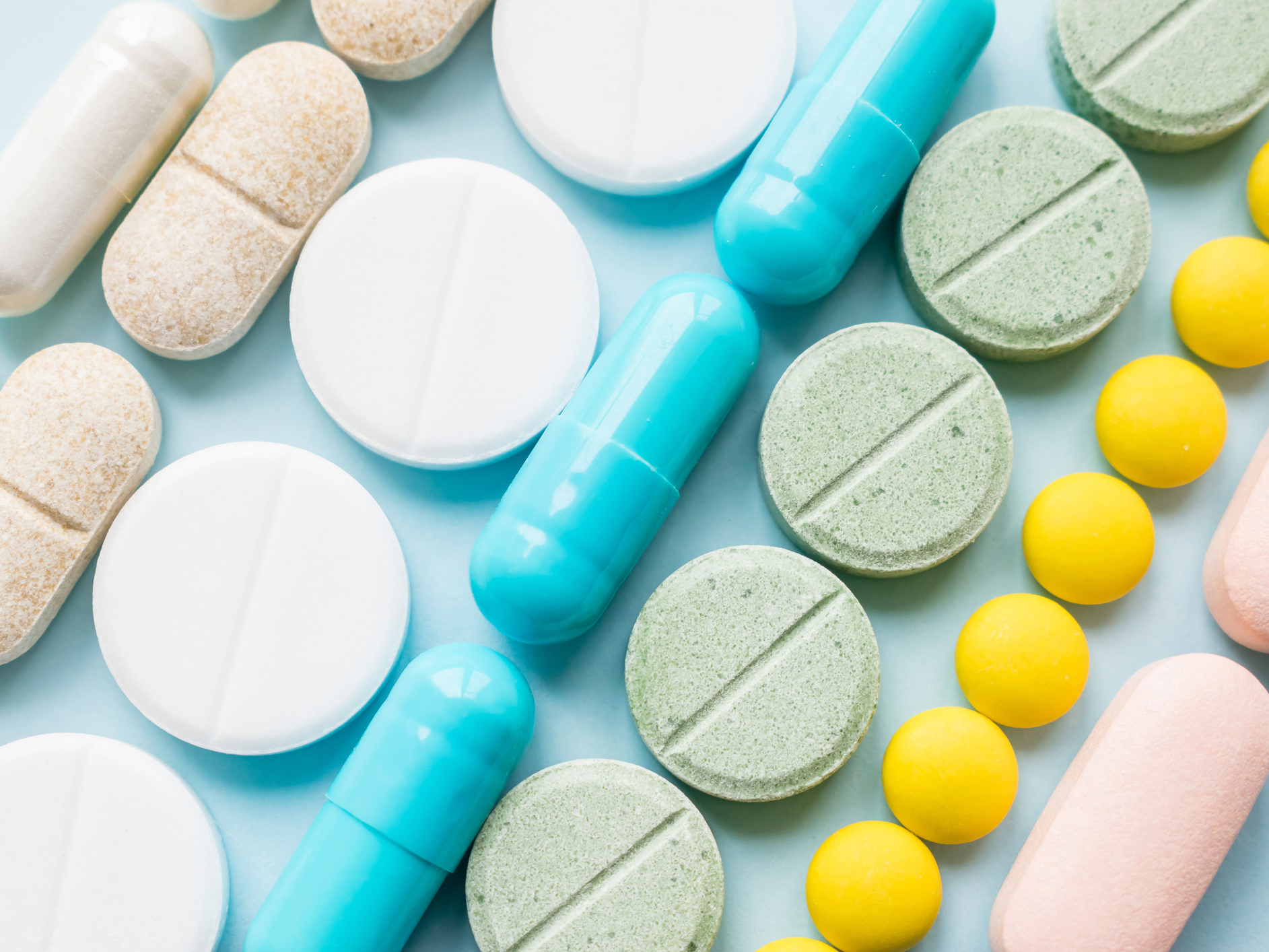Get Easy Health Digest™ in your inbox and don’t miss a thing when you subscribe today. Plus, get the free bonus report, Mother Nature’s Tips, Tricks and Remedies for Cholesterol, Blood Pressure & Blood Sugar as my way of saying welcome to the community!
How safe are generic drugs?

The Food and Drug Administration exists to protect us from putting toxic or otherwise harmful stuff into our bodies. A serious job, with life-or-death consequences for thousands, maybe millions of people, if it’s not done correctly and without prejudice.
Yet every single year, dozens of medications we commonly depend on are recalled by the FDA because they are contaminated with poisons.
How does this happen?
For one thing, the vast majority of generic drugs are manufactured in overseas plants, mainly in China and India.
In 2015, 33% of these foreign plants had never been inspected by the FDA. This leaves the door open for greed to outweigh concern for our safety.
Another problem is the “first to file” rule, which gives drug companies exclusive sales for six months. This provides a financial incentive for a company to move quickly and carelessly in bringing a drug to market.
The story of Valsartan
The Chinese drug maker Zhejiang Huahai Pharmaceutical Co. Ltd., manufactures a generic form of Valsartan, a drug used by millions of people in the United States and elsewhere to treat high blood pressure and heart failure.
In 2017, an FDA inspector discovered that the company had falsified quality-test records by omitting failing test results for several of its drugs.
The FDA inspector recommended sending Zhejiang Huahai a warning letter. This would have prevented the company from gaining approval for any new generic drugs until it submitted proof that these problems had been resolved.
But four months later, FDA managers in Maryland overruled this recommendation. Zhejiang Huahai Pharmaceutical was allowed to avoid those penalties, and to self-correct the problems cited.
In mid-2018, the company’s generic version of Valsartan was found to be contaminated with NDMA, a potential cancer-causing chemical, and the FDA oversaw the recall of the pills.
Could this dangerous impurity have been found a year sooner, if Zhejiang Huahai had been prevented from submitting new drug applications?
I guess we’ll never know for sure…
Is the FDA really protecting us from bad drugs?
In her ten-year-long investigation into the generic pharmacy industry, culminating in the book Bottle of Lies: The Inside Story of the Generic Drug Boom, investigative journalist and Andrew Carnegie fellow Katherine Eban uncovered non-existent record-keeping, coverups and downright lies on an international scale.
Ranbaxy Laboratories in Gurgaon, India, was a focal point of her in-depth investigation…
- In 2004, a whistleblower inside the company reported to the FDA that Ranbaxy was falsifying data and even failing to test its drug products, blatantly lying about the contents of the drugs it was selling.
- It took four years, until 2008, for the FDA to issue an “Application Integrity Policy” against Ranbaxy that stopped any review of new drug applications from the company until they could prove their truthfulness.
- Four years later, in 2012, the U.S. Department of Justice barred Ranbaxy from selling drugs that had been made at several of its Indian plants, until their quality could be verified.
- In 2013, Ranbaxy agreed to pay a fine of $500 million, pleading guilty to criminal charges brought by the FDA and the Justice Department.
The company was charged with making intentionally false statements about the contents of its drugs, with the intent to defraud.
Much of their data on whether these drugs were bioequivalent (had the same effect as the brand name) was either falsified or non-existent.
But fraud isn’t really the worst crime here. Ranbaxy put millions of people in danger, people who relied on these medications to control their cholesterol, high blood pressure, diabetes or allergies.
Yet, in November 2011, while they were helping the Justice Department zero in on Ranbaxy’s criminal actions, the FDA granted Ranbaxy first rights to sell a generic version of Lipitor, a medication taken by tens of millions of Americans.
Is it any surprise that, just a year later, Ranbaxy recalled 41 lots of generic Lipitor when glass particles were found inside them?
Or that only a few months later, in March 2013, the FDA allowed Ranbaxy to resume sales of generic Lipitor?
How to protect yourself
It’s difficult and time-consuming, yet not impossible, to find out who manufactured your drugs. Ask your doctor if they know. Do your own research.
Alternatively, pay the price for brand-name drugs, and keep your peace of mind.
But also, talk to your doctor about the necessity of any prescription drug you take. Polypharmacy — taking multiple prescribed drug prescriptions with the possibility that they all may not be clinically necessary — is a growing problem, especially among seniors.
(Note: Ranbaxy is now owned by Sun Pharmaceuticals, another Indian generic drug manufacturer.)
Sources:
- Why your generic drugs may not be safe and the FDA may be too lax — The Conversation
- Dirty medicine — Fortune
- Generic Drugs Not as Safe as FDA Wants You to Believe — Annals of Pharmacotherapy
- How a Tainted Heart Drug Made in China Slipped Past the FDA — Bloomberg
- Maker of generic Lipitor pleads guilty to selling ‘adulterated drugs’ — Fortune
- Ranbaxy whistleblower reveals how he exposed massive pharmaceutical fraud — CBS News













